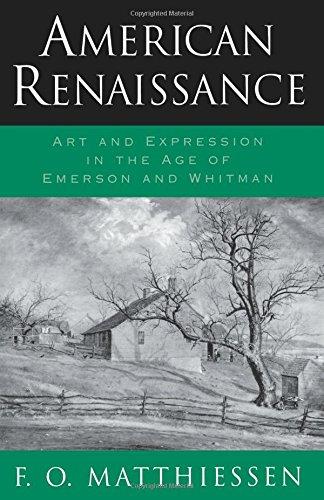Essay
Photo: Site of Thoreau’s hut, Lake Walden, Concord, Mass., Library of Congress Prints and Photographs Division, Digital ID cph 3a40169
Situated nineteen miles from Boston along the old Lexington Road, Concord became the first battleground of the American Revolution, as Yankee militiamen alerted by Paul Revere routed the British troops at the Old North Bridge. Throughout the 19th century Concord exerted a formidable influence on American cultural life, due to the extraordinary confluence of American literati and artists who took up residence there. Among them were Ralph Waldo Emerson, Henry David Thoreau, Nathaniel Hawthorne, Bronson Alcott and his daughter Louisa May, and Daniel Chester French–all of them buried on or near Authors Ridge in Sleepy Hollow Cemetery. Visiting pilgrims like Margaret Fuller, Walt Whitman, and, decades later, Charles Ives, came both to sip at the oracles’ spring and to connect Concord with the larger American landscape.
“Concord is a classic land. The names of Emerson and Thoreau and Channing and Hawthorne are associated with the fields and forests and lakes and rivers of this township.”
–Bronson Alcott
“Perhaps one spring morning when Adam and Eve were driven out of Eden, Walden was already in existence. ”
–Henry David Thoreau
–Thomas Hampson and Carla Maria Verdino-Süllwold, PBS I Hear America Singing


